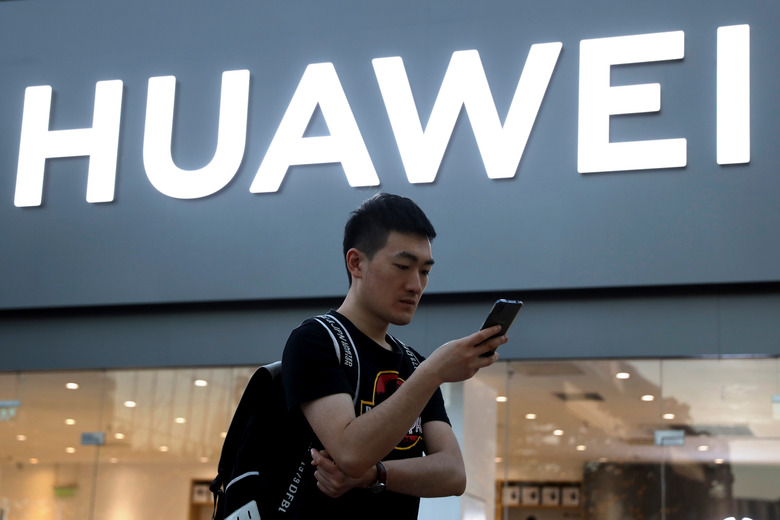Remember When Huawei Said Its Android Replacement Isn't For Smartphones? Well, It Is
After insisting for months that the company preferred to continue relying on Google's Android mobile operating system in its handsets, despite a lingering US ban that precludes Google from allowing that to happen, Huawei appears to have finally succumbed to the inevitable.
According to a new report from the Chinese state media outlet Global Times, Huawei is pressing ahead with testing for a handset powered by the company's own proprietary Hongmeng OS ahead of launching the device as soon as the fourth quarter. It would target low- and medium-end buyers, and be priced at 2,000 yuan (or a little more than $288).
This would come in the wake of Huawei reportedly being set to formally show off its Hongmeng OS as a serious Android alternative during the company's developer conference on August 9. That much-anticipated reveal of the company's OS would likewise come one day before the first Hongmeng-equipped Honor smart TVs start to go on sale, which is a product of Huawei's posture in recent weeks that its IoT devices — and not phones — were supposedly going to be the focus of this new OS.
It seems that's now been extended to include the company's smartphones. Or maybe it always was. At any rate, the fact that testing of Hongmeng in a Huawei smartphone has begun, ahead of an actual launch in just a few months' time, is no doubt an indication that Huawei expects the status quo (relative to the US-led ban on doing business with the company) to stay in place for at least a while longer.
A Global Times' source believes the new Hongmeng-powered phone "will debut with up to several million units in stock" and will launch alongside forthcoming devices in the company's soon-to-launch Mate 30 series. As far as the tests underway now, they reportedly included probing Hongmeng's compatibility with Android applications. Additionally, Hongmeng supposedly includes a number of "cryptographic functions" that purport to "protect personal data better."
As we noted here, the next couple of months or so are going to be incredibly consequential for Huawei's smartphone business. Later this month, for example, the temporary reprieve that allows Google to keep supplying Huawei with Android updates and security patches will expire. Existing Huawei phones powered by Android would still be able to run (and to run the Google applications on them), but it would presumably be a problem for newly released Huawei phones — like its highly-anticipated Mate 30 and Mate 30 Pro coming later this fall.
